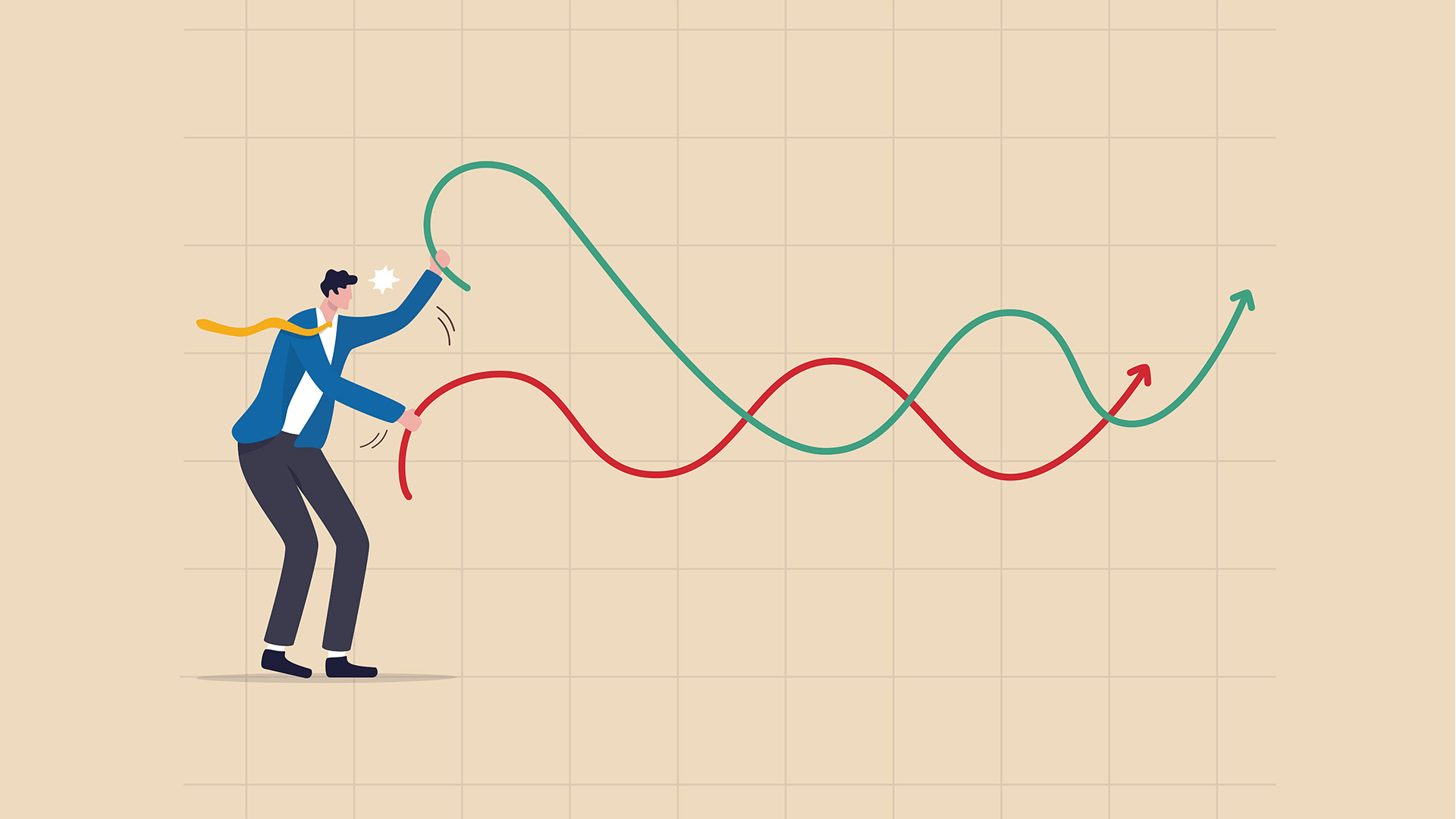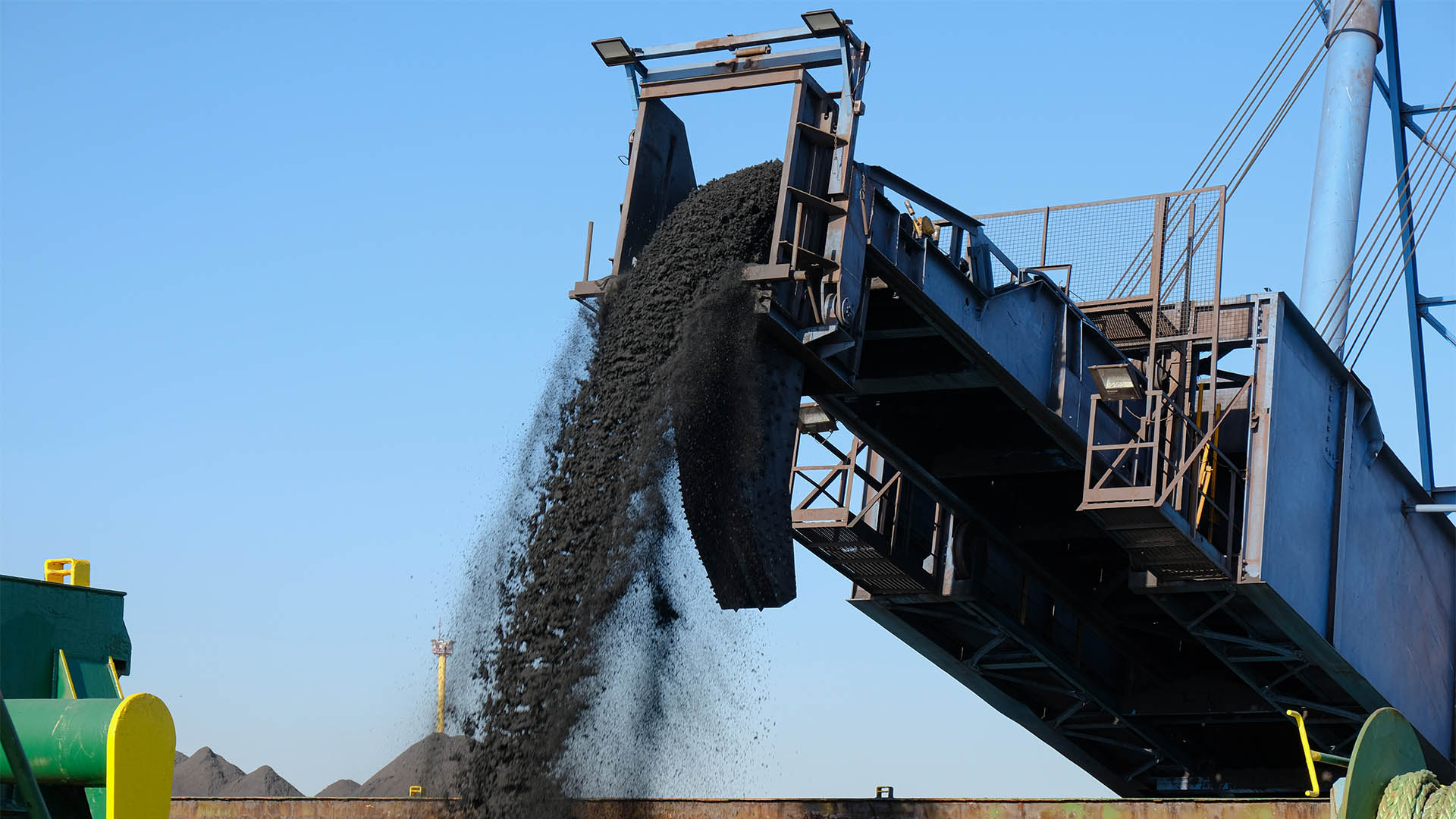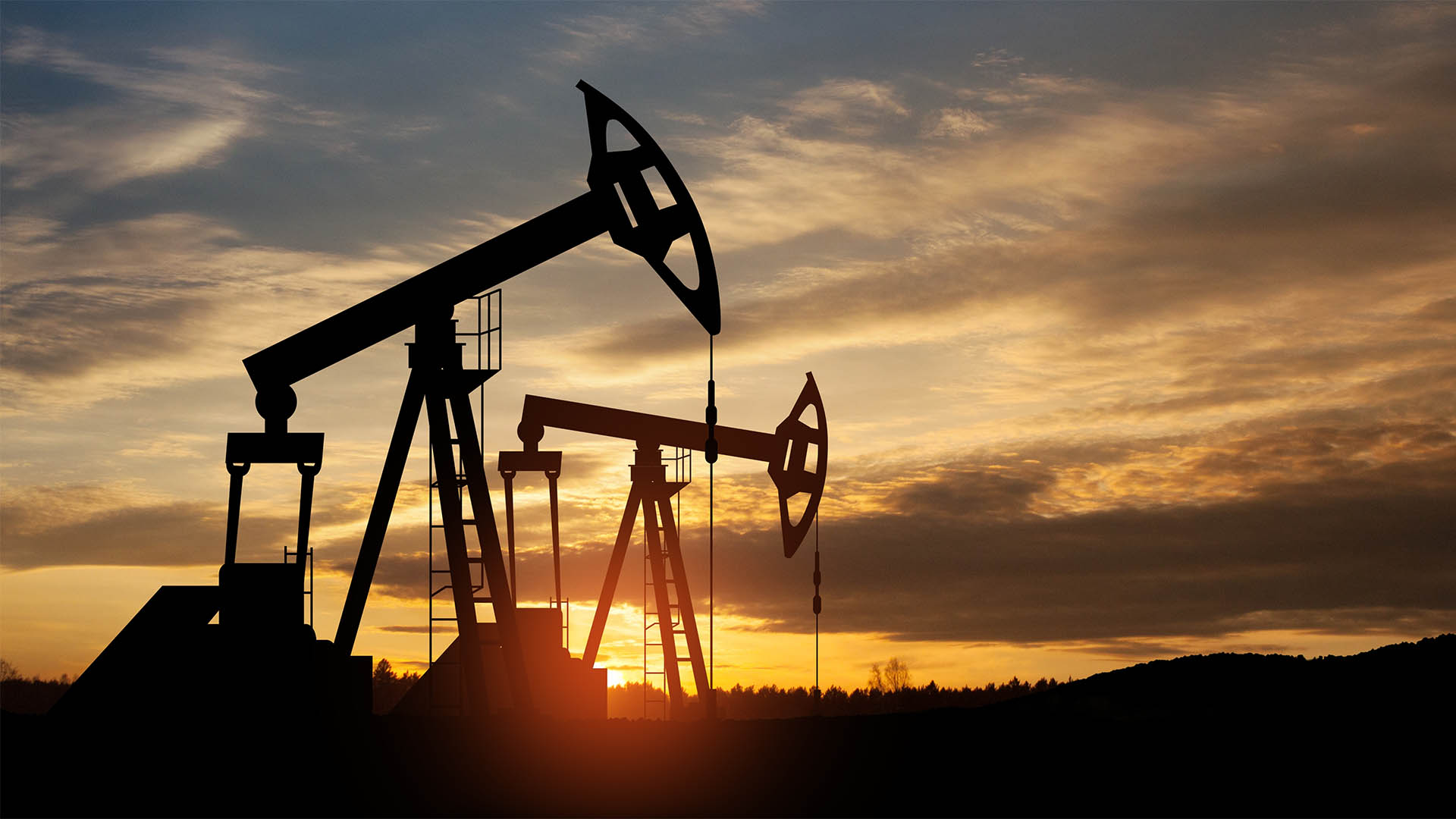The Chinese economy slowed sharply in March, according to the first major survey of the impact of the upturn in Covid cases across the country and the indirect impact of Russia’s invasion of Ukraine.
The Covid situation has now moved from being solely a health problem to be battled to having a very real economic impact.
No wonder the Chinese government indicated late Wednesday that it would start introducing policies to support all businesses and people across the country. The economy seems to be wobbling on the edge of a slowdown that could impact Australian exporters and importers (especially the latter by further hitting already fragile supply chains).
The official surveys of manufacturing and service sector activity from the country’s National Bureau of Statistics (NBS) showed the worst outcome for a month since the outbreak in Wuhan in early 2020.
The private survey of manufacturing is due later Friday from the Caixin business magazine and the IHS Markit group.
It will see a sharp slowing in retail sales, industrial production and building and construction, with coal, oil and gas and iron ore output expected to show weakness when the monthly and quarterly data emerges in the middle of April.
March’s weak reading suggests that the pickup seen in January and February because of a buoyant Winter Olympics and Lunar New Year holdings has been reversed and the GDP reading for the first quarter could surprise on the low side, with the June quarter (starting today) much weaker than expected.
Sales of cars, especially EVs are likely to be weak because of the growing restrictions on movement in 28 provinces and major cities off and on in March and especially in the huge 26 million people market that is Shanghai.
For that reason don’t be surprised if oil, gas, metals (especially lithium) prices start showing some weakness in the next few weeks.
Economists had wondered if the latest Covid outbreak and more than 70,000 cases in March would slow the economy after the jolt given by the surge in commodity costs (especially coal, oil and gas) earlier in the month and the data confirms the strength of the negative impact.
It was confirmation of the negative impact on economic activity from the surge in Covid cases in some of China’s major economic centres, led by Shanghai and including Tangshan, the heart of the country’s huge iron and steel industry, the major manufacturing centre in Shenzhen, and in Hong Kong which is a major two-way gateway for the country’s business.
The March surveys showed activity in the country’s manufacturing and services sector simultaneously contracted in March for the first time since the height of the country’s COVID-19 outbreak in 2020.
The official manufacturing Purchasing Managers’ Index (PMI) fell to 49.5 from 50.2 in February, the National Bureau of Statistics (NBS) said on Thursday, while the non-manufacturing PMI eased to 48.4 from 51.6 in February (it had been stronger than the manufacturing activity survey for much of the past 18 months)
The last time both PMI indexes were simultaneously below the 50-point mark that separates contraction from growth was in February 2020, when The Chinese government was struggling to control the first outbreak of the virus in Wuhan.
“Recently, clusters of epidemic outbreaks have occurred in many places in China, and coupled with a significant increase in global geopolitical instability, production and operation of Chinese enterprises have been affected,” Reuters quoted Zhao Qinghe, senior NBS statistician as saying in a statement.
Shanghai’s Covid lockdown has hit car production this week (after steelmaking was hit several times this year by lockdowns and restrictions in Tangshan, especially in January and last week) as major suppliers joined Tesla in shutting plants to comply with measures to control the spread of the coronavirus.
Economists say the spillover of the Shanghai lockdowns (several other cities and regions are also currently restricted) will be felt in April, meaning the first quarter will see a sharp slowing in growth and the start of the second quarter a similar slowing.
“The PMIs probably understate the hit to activity last month,” said Julian Evans-Pritchard, senior China economist at Capital Economics as they were taken before the situation in Shanghai worsened from last weekend.
“The services index remained above the low of 45.2 that it hit last August during the Delta wave. That’s probably because the survey was conducted prior to the worst disruptions.”
On Wednesday, the government said it will roll out policies to stabilise the economy as soon as possible amid increased pressures.
The central bank, which kept its benchmark interest rate for corporate and household lending unchanged in March, is expected to cut rates and lower reserve requirements for banks as downward economic pressures build, analysts say.
China’s official composite PMI, which combined manufacturing and services, stood at 48.8 in March versus 51.2 in February. March’s reading was the second lowest since February, 2020.
“This suggests that the economy is contracting at its fastest pace since the height of the initial COVID-19 outbreak in February 2020,” Evans-Pritchard said in a note on Thursday.












